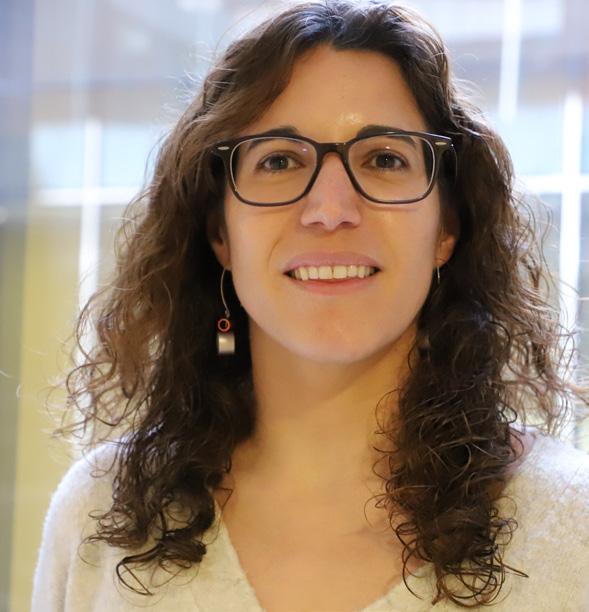Research NEWS The NF2 Accelerator Initiative
O
ne year ago, on the occasion of World NF2 Awareness Day, the Children’s Tumor Foundation announced the establishment of a significant research initiative dedicated to finding effective treatments for NF2, along with a substantial investment of $2.3 million in this bold new effort. Called the NF2 Accelerator Initiative, this three-year undertaking is dedicated to bringing active NF2 treatments to the clinic (and patients) by expanding the clinical drug pipeline for NF2, improving drug selection through the development of innovative testing models, and the development of gene therapy options that address the underlying genetic causes of NF2. The NF2 Accelerator Initiative is actively creating opportunities in these three areas:
Expanding the Clinical Drug Pipeline for NF2 • Leveraging the discovery and knowledge that came from CTF’s team-science Synodos for NF2 project, we are participating in and co-funding an upcoming phase 2 clinical trial using Brigatinib.
better understanding of how different manifestations of NF2 develop over time. • Developing image-based animal models for vestibular schwannomas to combat the limited availability of preclinical resources that allow for efficient drug testing.
Improving Drug Selection for NF2
Investing in Gene Therapy for NF2 Much of NF2 drug discovery and development is primarily focused on inhibiting the processes that are activated as a consequence of the loss of the NF2 gene. CTF has invested in gene therapies in the past, but in 2019 commited to funding a very exciting gene therapy proposal that has the ability to be a real treatment option for patients with NF2.
• Expanding the research on NF2 animal models in order to provide
To support the NF2 Accelerator Initiative, please visit: ctf.org/endnf2
• Offering Drug Discovery Awards to researchers and institutions focused on the next phase of NF2 clinical candidates. • Offering Young Investigator Awards to early-stage researchers to invest in the expansion of understanding of the processes that drive NF2. These awards will be announced later in 2020.
NF2 Accelerator Initiative Research Grants In 2019, CTF launched the NF2 Accelerator Initiative, which included a request for applications for new NF2 drug-testing proposals. We are pleased to share the news of two grantees from this endeavor and summaries of their projects below.
Elisabeth CastellanosPerez, PhD (Fundació Institut d’Investigació en Ciències de la Salut Germans Trias i Pujol in Spain) will evaluate the use of antisense oligonucleotides (ASO) as personalized therapy
6 • NF NEWS | SPRING 2020
for NF2 patients. Since ASOs can correct point pathogenic variants (mutations) that prematurely truncate proteins or prevent proper mRNA splicing, they present a conceptually viable approach to overcome the effects of NF2. Approximately 45% of pathogenic variants detected in the NF2 gene could be potentially treated with antisense therapy. Dr. Castellanos-Perez’s team is well-experienced in using ASOs and has successfully applied them in a previous NF2 study. In the current project, they propose to test ASOs in reducing the severity of truncating NF2 pathogenic variants in patient cells.
Vijaya Ramesh, PhD (Massachusetts General Hospital) will leverage Synodos for NF2 data to test single and combination drugs in NF2deficient meningioma models. Dr. Ramesh was one of the key investigators in the large-scale
omics and drug screening studies conducted as part of the CTF-funded Synodos for NF2 project. Through this effort, Dr. Ramesh and her team identified several interesting drug targets in their cell model for NF2associated meningioma. The current proposal builds on the rigor and strength of these published and unpublished discoveries, and will further test some of the targets and drug combinations identified previously. Success in these studies will provide a framework to pursue new avenues in NF2 and meningioma research for clinical care.


